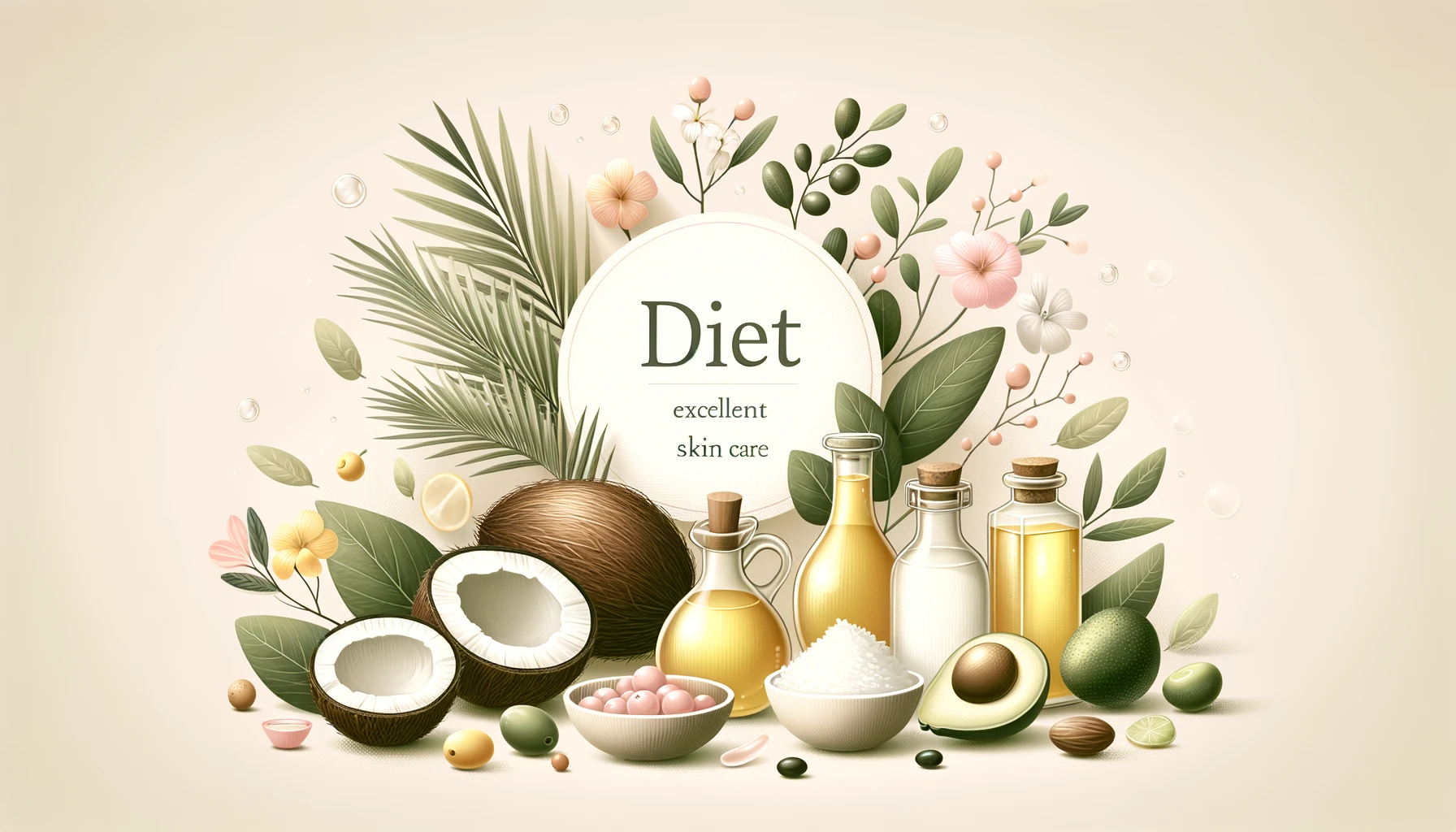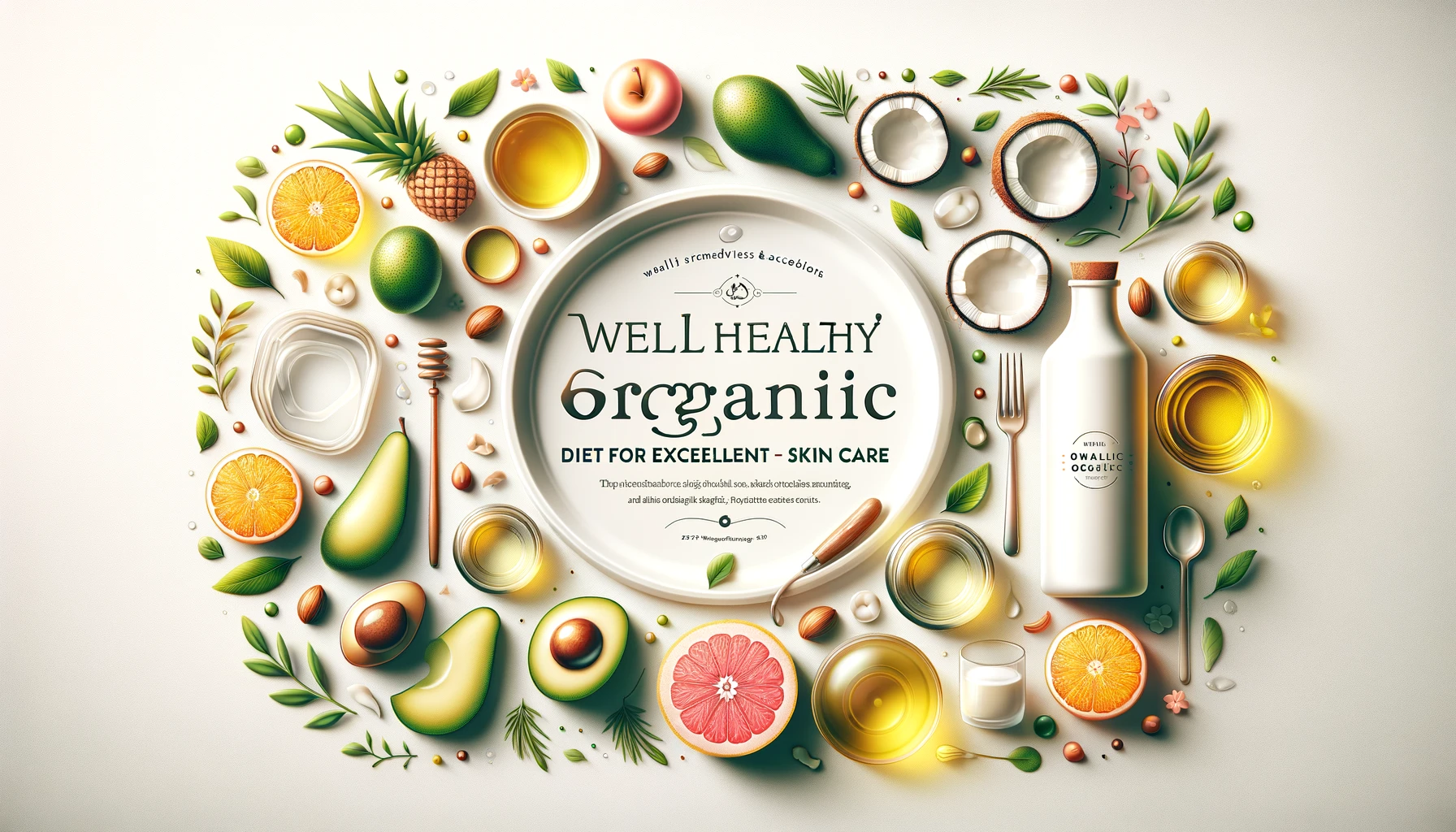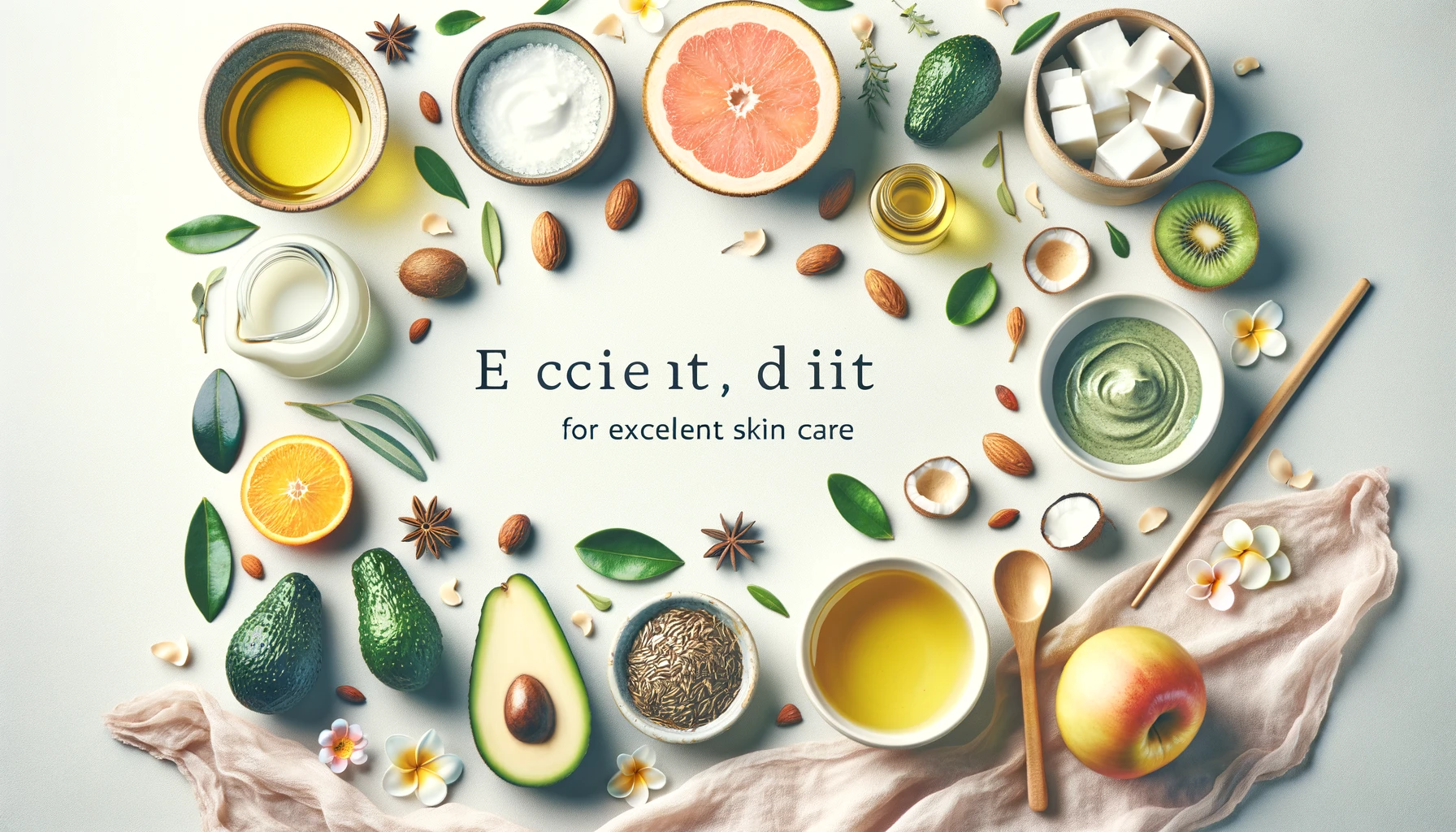
Importance of Diet and Essential Oils: Skin Care Introduction to
Taking care of your skin goes beyond just using skincare products. A crucial aspect often overlooked is the impact of diet and essential oils on skin health. Both play a significant role in achieving clear, radiant skin from the inside out.
Influence of Diet on Skin Health
Diet plays a fundamental role in the overall health and appearance of our skin. Consuming a balanced diet rich in nutrients and antioxidants can help combat inflammation, acne, and premature aging. Foods such as fruits, vegetables, and Omega-3 fatty acids found in fish can contribute to a healthy complexion by nourishing the skin from within.
Benefits of Essential Oils for Skin
Essential oils are potent extracts derived from plants that offer a natural and holistic approach to skincare. These oils contain various beneficial properties such as anti-inflammatory, antibacterial, and antioxidant, making them ideal for addressing skin concerns like dryness, acne, and aging. When used correctly, essential oils can enhance the efficacy of your skincare routine and promote overall skin wellness.
Benefits of Organic Skincare Products for Healthy Skin
Organic skincare products offer a range of benefits that can contribute to healthier and more radiant skin. By choosing organic products, you are avoiding harsh chemicals, synthetic fragrances, and artificial colors that can irritate the skin and cause long-term damage. Natural ingredients such as plant extracts, essential oils, and vitamins in organic skincare products provide nourishment and hydration, promoting a more balanced and youthful complexion.
Furthermore, organic skincare products are often cruelty-free and environmentally sustainable, making them a conscious choice for both your skin and the planet. These products are typically free from harmful ingredients like parabens, sulfates, and phthalates, reducing the risk of allergic reactions and skin sensitivities. By incorporating organic skincare products into your daily routine, you are taking a step towards healthier, glowing skin in a way that aligns with your values and contributes to a more sustainable beauty industry.
Incorporating Essential Oils in Your Skincare Routine
The use of essential oils in skincare has gained popularity due to their natural and beneficial properties. Essential oils are concentrated plant extracts derived from flowers, leaves, roots, and other botanical sources. They are known for their antioxidant, anti-inflammatory, and antimicrobial properties, making them valuable additions to skincare routines.
When incorporating essential oils into your skincare routine, it is essential to dilute them properly with a carrier oil to avoid skin irritation. Some popular essential oils for skincare include lavender for its calming effects, tea tree for its antimicrobial properties, and rosehip for its anti-aging benefits. Each essential oil has unique qualities that can target specific skin concerns, so it is important to choose oils that align with your skin’s needs for optimal results.

Top 10 Natural Oils for Radiant Skin
When it comes to achieving radiant and healthy skin, natural oils play a crucial role in skincare routines. These oils are packed with essential nutrients and antioxidants that nourish and protect the skin, leaving it glowing and youthful. Here are the top 10 natural oils that can transform your skin:
1. Coconut Oil: Known for its moisturizing properties, coconut oil is rich in fatty acids that help hydrate and soften the skin.
2. Argan Oil: This lightweight oil is packed with vitamin E and fatty acids, making it a great choice for improving skin elasticity and reducing inflammation.
3. Jojoba Oil: Similar to the skin’s natural oils, jojoba oil is easily absorbed and helps balance oil production, making it suitable for all skin types.
4. Rosehip Oil: High in vitamin C and essential fatty acids, rosehip oil can brighten skin, reduce dark spots, and improve overall skin texture.
5. Avocado Oil: Rich in antioxidants and omega-3 fatty acids, avocado oil helps repair and protect the skin’s barrier, promoting a healthy complexion.
6. Almond Oil: With its emollient properties, almond oil is great for soothing and moisturizing dry, irritated skin.
7. Olive Oil: A staple in Mediterranean skincare, olive oil is packed with antioxidants and squalene, which help nourish and protect the skin.
8. Grapeseed Oil: Lightweight and non-comedogenic, grapeseed oil is perfect for balancing oil production and tightening pores.
9. Tea Tree Oil: Known for its antibacterial properties, tea tree oil can help treat acne-prone skin and reduce inflammation.
10. Marula Oil: Rich in antioxidants and fatty acids, marula oil deeply hydrates and revitalizes the skin, promoting a more youthful appearance.
The Role of Diet in Achieving Clear and Glowing Skin
Importance of Nutrition for Skin Health
Our diet plays a crucial role in achieving clear and glowing skin. Eating a balanced diet rich in nutrients such as vitamins, minerals, and antioxidants can help to nourish the skin from within. Foods like fruits, vegetables, whole grains, and lean proteins provide essential nutrients that promote skin health and combat signs of aging. Additionally, staying hydrated by drinking an adequate amount of water is key to maintaining skin elasticity and a youthful appearance.
Impact of Diet on Skin Conditions
Furthermore, certain foods can trigger skin conditions such as acne, eczema, and inflammation. High consumption of processed foods, sugary treats, and dairy products has been linked to worsening skin conditions. On the other hand, a diet rich in anti-inflammatory foods like fatty fish, nuts, and leafy greens can help reduce inflammation and improve skin texture. By paying attention to what we eat, we can support our skin’s natural healing processes and achieve a clear, radiant complexion.

Understanding the Connection Between Diet and Skin Health
Impact of Diet on Skin Health
Our diet plays a crucial role in the health and appearance of our skin. Consuming a balanced diet rich in antioxidants, vitamins, and minerals can help maintain the skin’s natural glow and elasticity. Conversely, a diet high in processed foods, sugars, and unhealthy fats can lead to skin issues such as acne, inflammation, and premature aging.
The Link Between Diet and Common Skin Conditions
Research has shown that certain foods can trigger or worsen skin conditions like acne and eczema. For example, dairy products and high-glycemic foods have been linked to acne breakouts, while a diet rich in omega-3 fatty acids can help reduce inflammation and improve conditions like eczema. Understanding how different foods affect our skin can empower us to make healthier dietary choices for better skin health.
DIY Skincare Recipes Using Essential Oils
DIY Skincare Recipes: Creating your own skincare products at home using essential oils can be a fun and rewarding experience. By using natural ingredients, you not only have control over what you are putting on your skin but also avoid harmful chemicals found in many commercial products. From face masks to body scrubs, there is a wide range of recipes you can experiment with to address specific skin concerns or simply pamper yourself.
Benefits of DIY Skincare: Homemade skincare products offer a personalized approach to your beauty routine, allowing you to tailor ingredients to suit your skin’s unique needs. Essential oils such as lavender, tea tree, and rosehip can bring various benefits like hydration, rejuvenation, and acne-fighting properties. Additionally, DIY skincare can be a cost-effective alternative to expensive store-bought products, without compromising on quality or effectiveness.
How to Choose the Right Oils for Your Skin Type
Choosing the right oils for your skin type is essential to maintain healthy and radiant skin. Different skin types have varying needs, and selecting the appropriate oils can help address specific concerns. For dry skin, opt for heavier oils like avocado oil or argan oil to provide intense hydration and nourishment. On the other hand, jojoba oil or squalane are great choices for oily skin as they are lightweight and non-comedogenic, helping to balance sebum production.
For combination skin, look for oils that can cater to both dry and oily areas, such as rosehip seed oil or tamanu oil. Sensitive skin benefits from gentle oils like almond oil or calendula oil to soothe and calm any irritations. It’s important to understand your skin type and concerns before incorporating oils into your skincare routine to ensure they are providing the right balance of moisture and nutrients.
